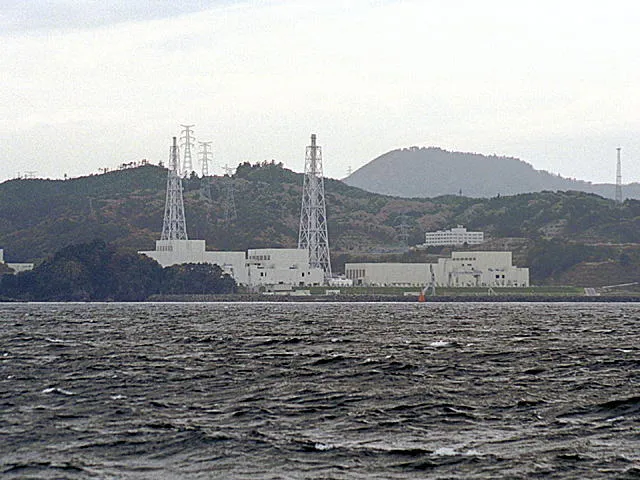
Tohoku Electric Power seeks to decommission Onagawa-1
Dismantling waste is expected to cost $380m.
Tohoku Electric Power Co. filed an application with the Nuclear Regulation Authority (NRA) of Japan for the approval of the decommissioning of the 524MWe Onagawa-1 Nuclear Power Plant.
Previously, the company also requested preliminary talks with Miyagi Prefecture, Onagawa Town and Ishinomaki City under nuclear safety agreements.
Onagawa-1 was shut down after the giant earthquake in 2011. In October 2018, Tohoku Electric Power decided to decommission the reactor after a review of the major technological challenges involved were it to be restarted.
According to the Japan Atomic Industrial Forum, the entire decommissioning process is divided into four stages, as follows: (1) preparation for dismantling, (2) the dismantling and removal of facilities and equipment in the area surrounding the reactor, (3) the dismantling and removal of facilities and equipment in the reactor area, and (4) the dismantling and removal of the reactor building and other structures.
Once decommissioning is complete, the fuel assemblies will then be transferred to the licensee for reprocessing activities, together with the 161 fuel assemblies from Unit 1 that are now being stored at the spent fuel pools of Units 2 and 3.
Of the approximately 300,000 tons of dismantling waste expected as a result of the decommissioning, about 18,500 tons will be solid radioactive waste. The total cost for dismantling is currently at $380m.
Photo by Nekosuki600 at the Japanese Wikipedia, CC BY-SA 3.0








![Cross Domain [Manu + SBR + ABF + ABR + FMCG + HBR + ]](https://cmg-qa.s3.ap-southeast-1.amazonaws.com/s3fs-public/styles/exclusive_featured_article/public/2025-01/earth-3537401_1920_4.jpg.webp?itok=WaRpTJwE)
![Cross Domain [SBR + ABR]](https://cmg-qa.s3.ap-southeast-1.amazonaws.com/s3fs-public/styles/exclusive_featured_article/public/2025-01/pexels-jahoo-867092-2_1.jpg.webp?itok=o7MUL1oO)









 Advertise
Advertise


